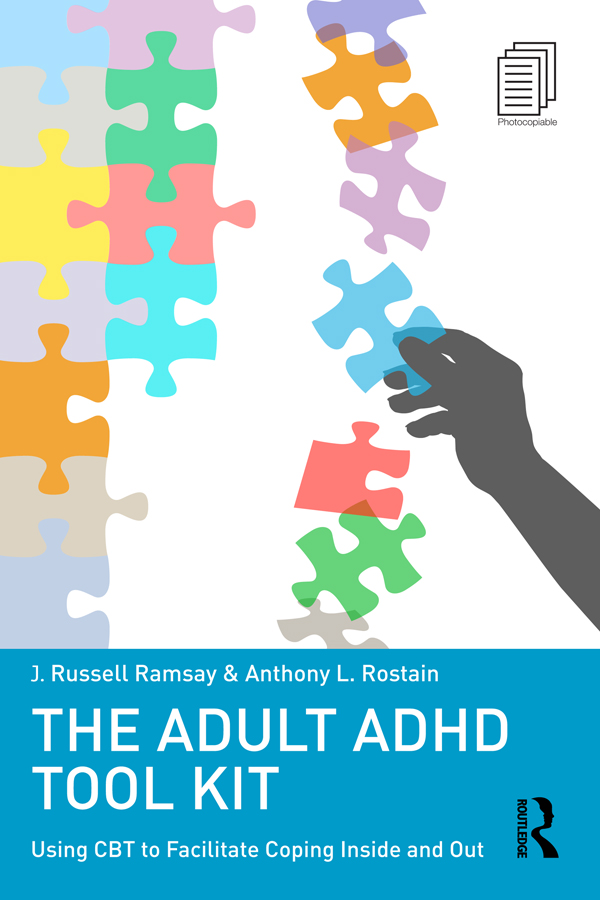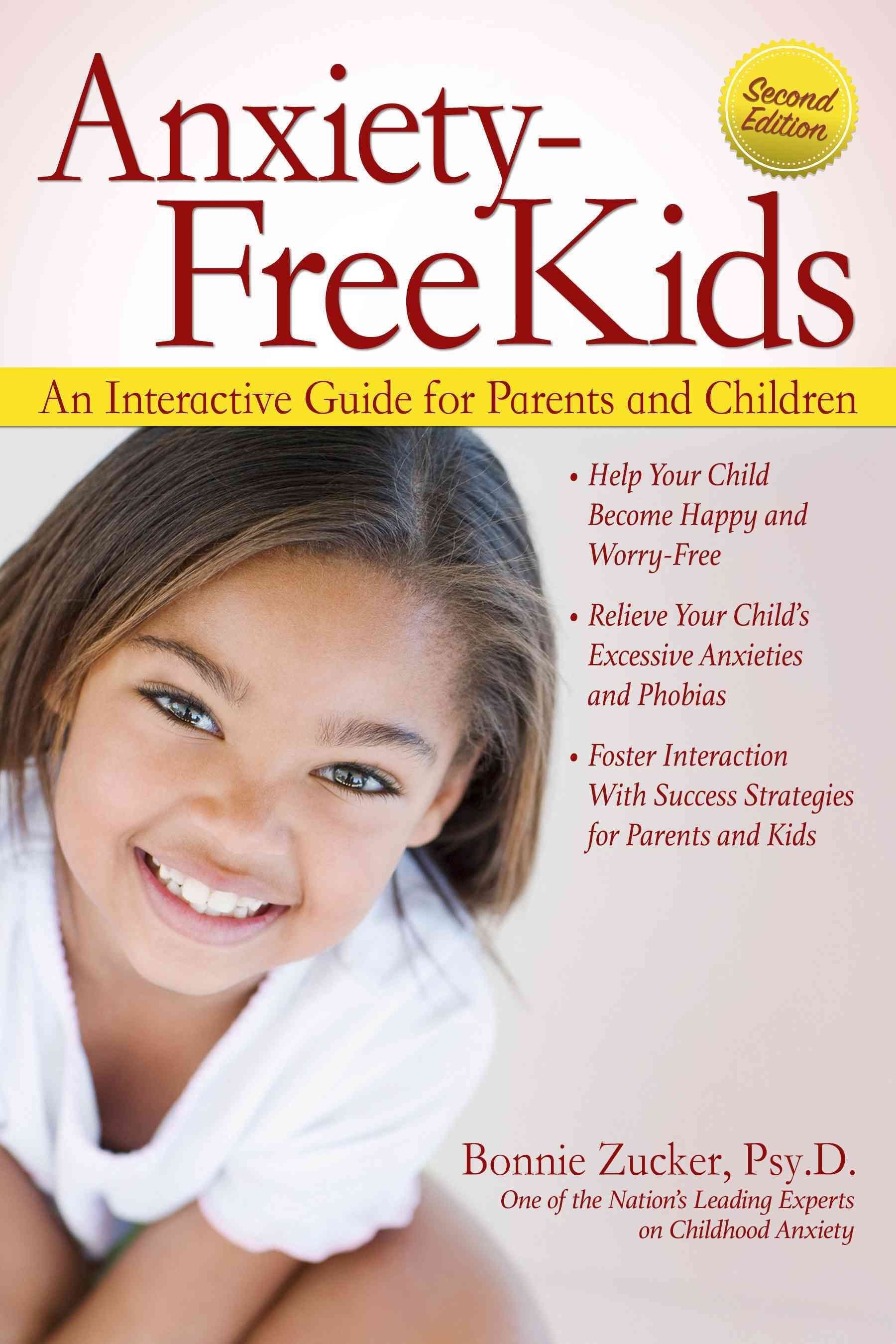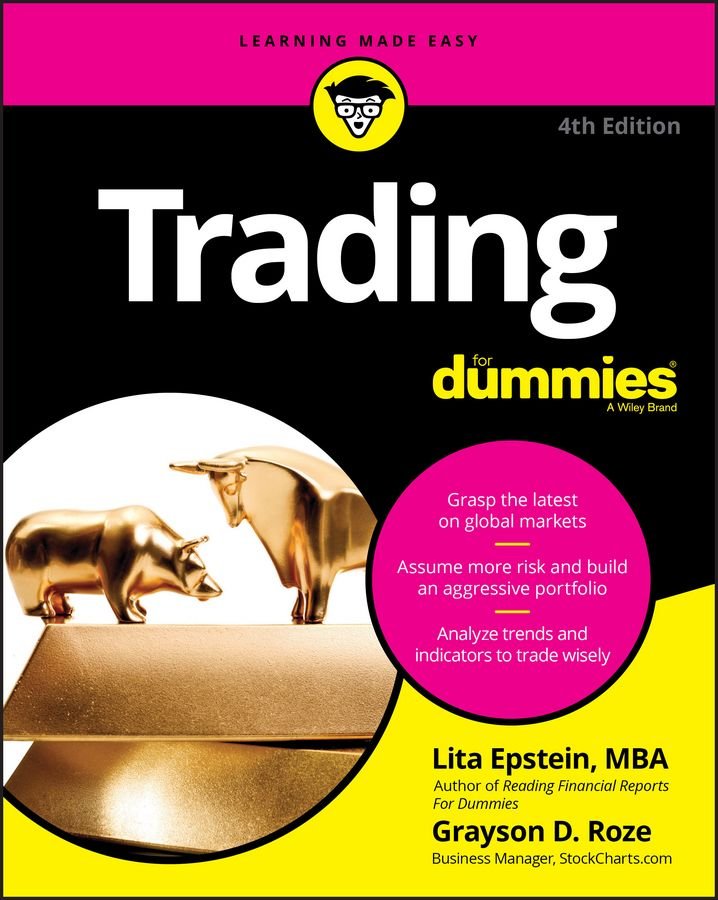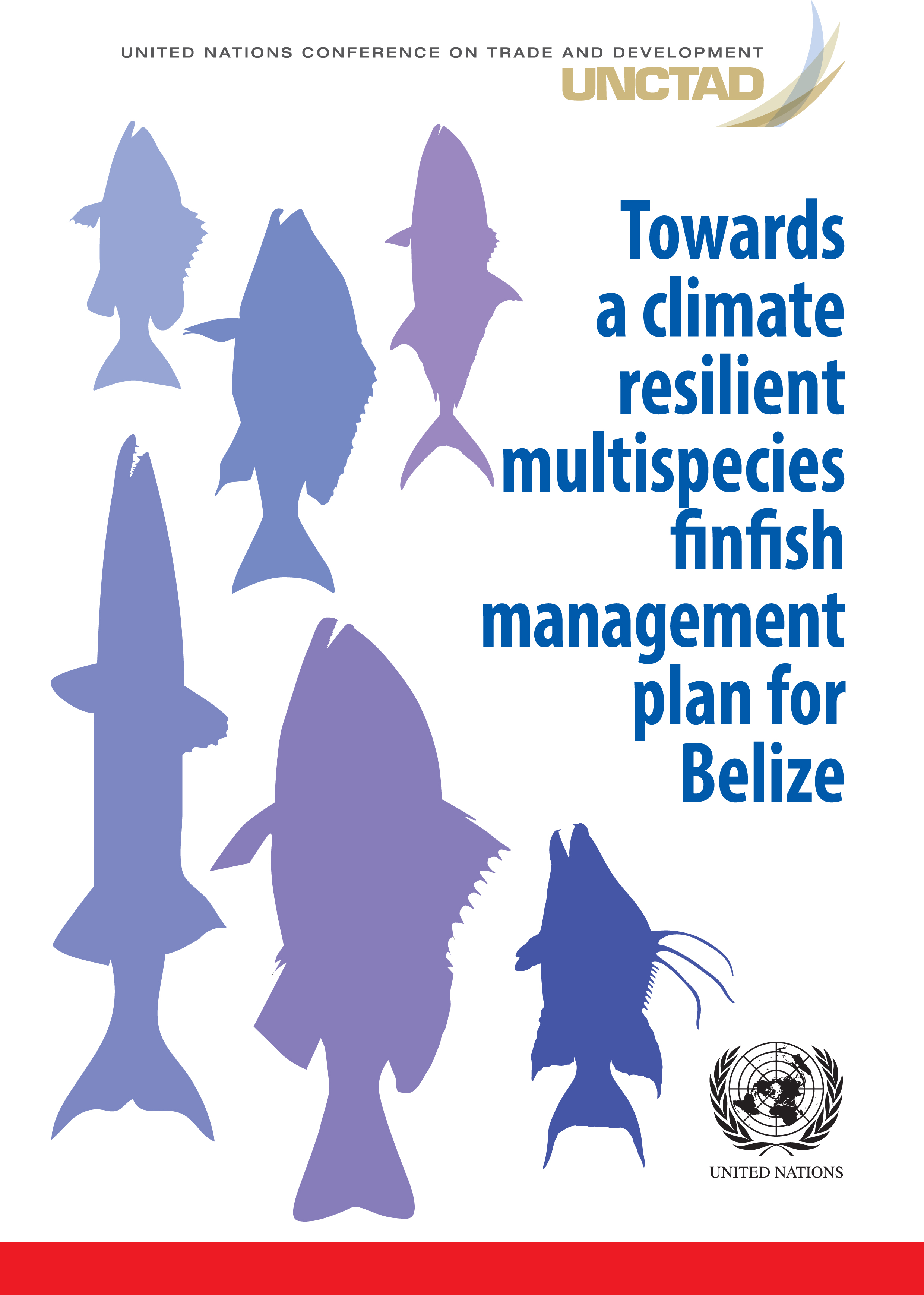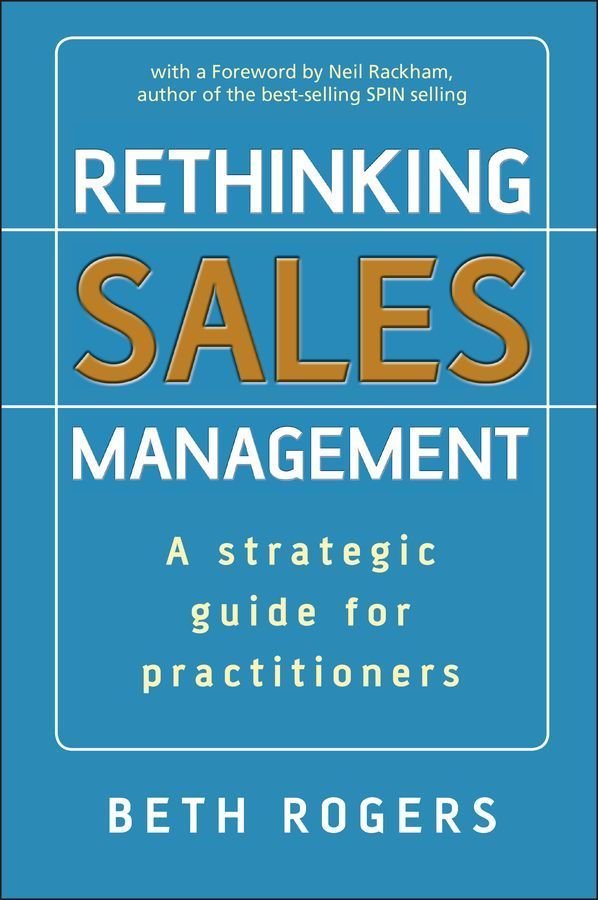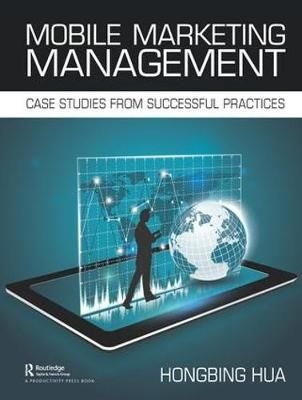This handbook showcases extraordinary educational responses in exceptional times. The scholarly text discusses valuable innovations for teaching and learning in times of COVID-19 and beyond. It examines effective teaching models and methods, technology innovations and enhancements, strategies for engagement of learners, unique approaches to teacher education and leadership, and important mental health and counseling models and supports. The unique solutions here implement and adapt effective digital technologies to support learners and teachers in critical times - for example, to name but a few: Florida State University’s Innovation Hub and interdisciplinary project-based approach; remote synchronous delivery (RSD) and blended learning approaches used in Yorkville University’s Bachelor of Interior Design, General Studies, and Business programs; University of California’s strategies for making resources affordable to students; resilient online assessment measures recommended from Qatar University; strategies in teacher education from the University of Toronto/OISE to develop equity in the classroom; simulation use in health care education; gamification strategies; innovations in online second language learning and software for new Canadian immigrants and refugees; effective RSD and online delivery of directing and acting courses by the Toronto Film School, Canada; academic literacy teaching in Colombia; inventive international programs between Japan and Taiwan, Japan and the USA, and Italy and the USA; and, imaginative teaching and assessment methods developed for online Kindergarten - Post-Secondary learners and teachers. Authors share unique global perspectives from a network of educators and researchers from more than thirty locations, schools, and post-secondary institutions worldwide. Educators, administrators, policymakers, and instructional designers will draw insights and guidelines from this text to sustain education during and beyond the COVID-19 era.

